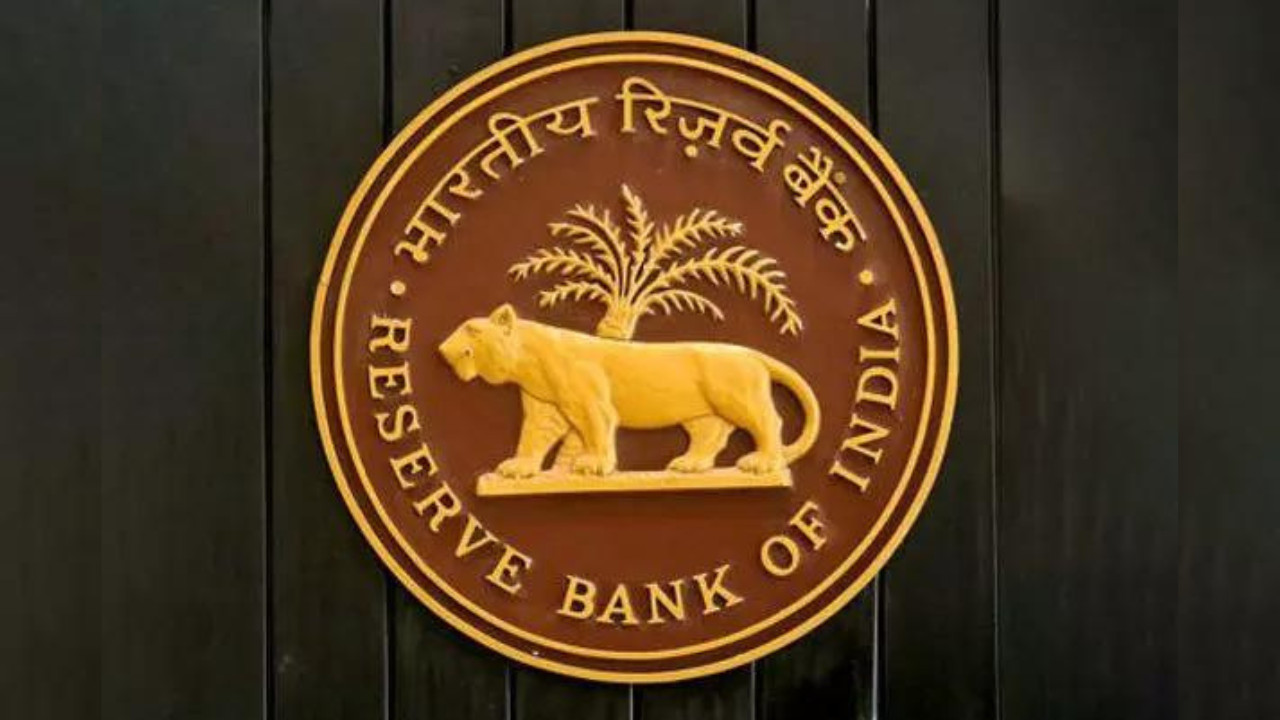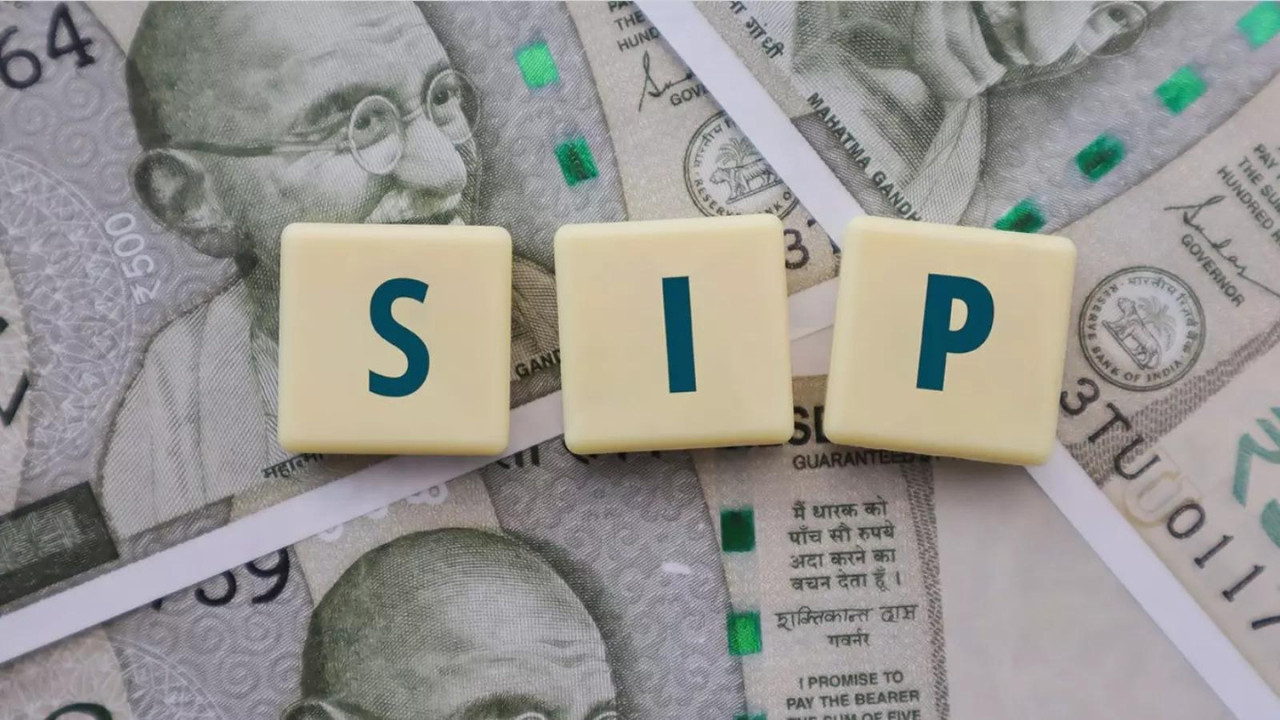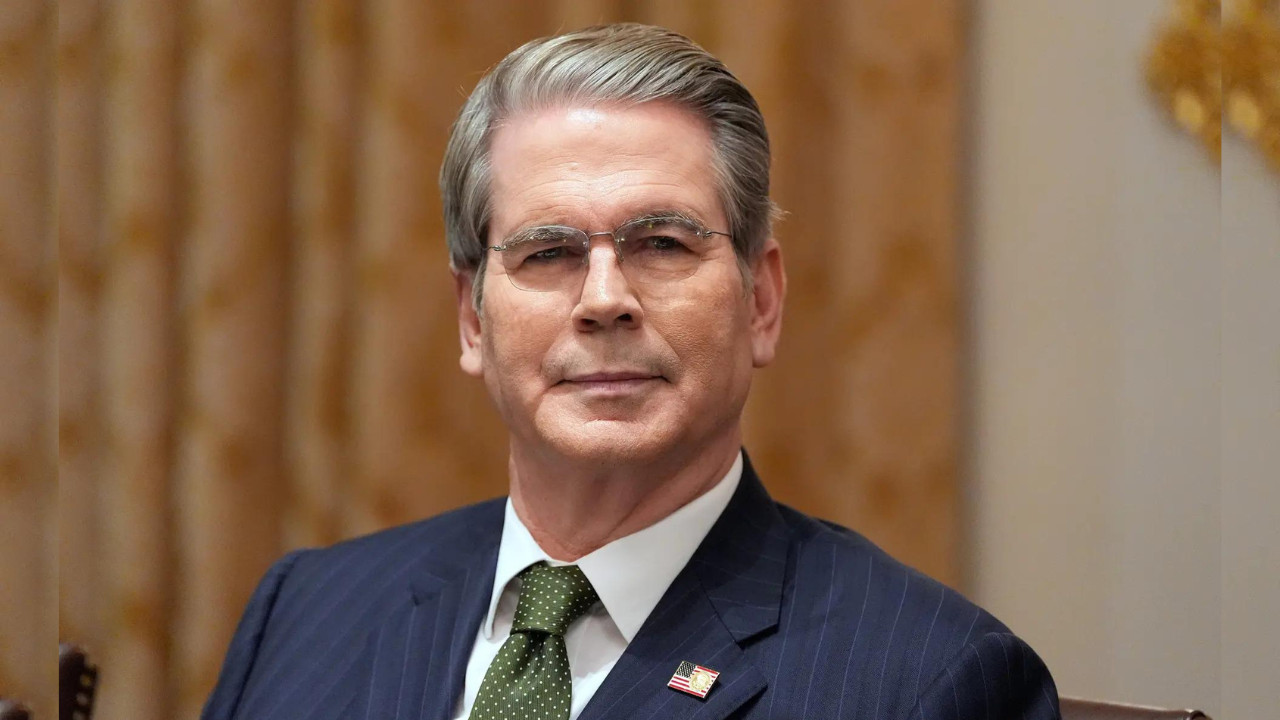Amid global uncertainties, the RBI emphasizes India’s strategic opportunity to strengthen trade ties, particularly with the upcoming UK FTA. Domestic economic activity remains steady, supported by a good kharif crop and strong services momentum. Headline retail inflation stays below 4%, while the external sector remains stable with ample forex reserves.
Navigating the Shifting Sands: RBI’s Take on India’s Trade Future
The world feels a bit different these days, doesn’t it? Global trade, once seen as a rising tide lifting all boats, is now facing some pretty choppy waters. The Reserve Bank of India (RBI) recently threw its hat into the ring, offering a sobering assessment of the evolving global landscape and its potential impact on India’s economic trajectory. Their message? We need to be smart, adaptable, and focused on building robust trade relationships to thrive in this new era.
A Resurgent Tide of Tariffs?
For years, the trend was towards lower tariffs and freer trade. But that narrative is shifting. We’re seeing a rise in protectionist policies around the globe, with countries increasingly turning inward and prioritizing domestic industries. This “rising tariff era,” as the RBI aptly puts it, throws a wrench into the gears of global commerce. Think of it like this: suddenly, there are more roadblocks on the highway of international trade, slowing down the flow of goods and services.
The RBI isn’t just ringing alarm bells; they’re highlighting the need for proactive measures. India, with its growing economic clout, can’t afford to be a passive observer. We need to actively shape the global trade environment to safeguard our interests.
Why Resilient Trade Ties Are Crucial
So, what’s the antidote to this potential trade slowdown? The RBI’s answer is clear: resilient trade ties. This isn’t just about maintaining existing partnerships; it’s about diversifying our trade relationships and building deeper connections with key partners around the world.
Imagine a tree standing strong against a storm. Its resilience isn’t just about the strength of its trunk; it’s about the intricate network of roots that anchor it to the ground. Similarly, India’s economic resilience depends on a strong and diversified network of trade relationships that can weather global storms.
This means actively seeking out new markets, strengthening ties with existing partners, and exploring innovative trade agreements. Think about Southeast Asia, Africa, and Latin America – regions with enormous potential for growth and collaboration. Building strong relationships with these regions can provide India with new avenues for exports and investment, reducing our reliance on any single market.

Beyond Trade Agreements: Fostering Deeper Collaboration
It’s not just about tariffs and trade agreements, though those are undeniably important. Building truly resilient trade ties requires a deeper level of collaboration. This means fostering greater cooperation in areas like technology transfer, investment, and infrastructure development.
Imagine Indian companies investing in infrastructure projects in Africa, or collaborating with Southeast Asian firms on cutting-edge technology. These types of partnerships not only boost trade but also create jobs, stimulate economic growth, and foster goodwill between nations. Check out this related article on the rise of manufacturing in India and its impact on global trade.
Navigating the Geopolitical Landscape
The RBI’s analysis also underscores the importance of navigating the complex geopolitical landscape. Global trade is increasingly intertwined with political considerations, and countries are using trade as a tool to advance their strategic interests.
In this environment, India needs to be nimble and strategic. We need to carefully assess the geopolitical risks and opportunities and tailor our trade policies accordingly. This requires a nuanced understanding of global power dynamics and a willingness to engage in constructive dialogue with all stakeholders.
Charting a Course for the Future
The RBI’s warning about the rising tariff era shouldn’t be viewed as a cause for despair. Instead, it’s a call to action. By focusing on building resilient trade ties, diversifying our markets, and fostering deeper collaboration with key partners, India can navigate the challenges ahead and continue to thrive in the global economy. The path forward requires proactive policies, strategic thinking, and a unwavering commitment to building a more open and interconnected world. India has the potential to be a major player in shaping the future of global trade, but we need to act decisively to seize the opportunities that lie ahead. The future of resilient trade ties and India’s role in the world economy hinges on these crucial decisions.







